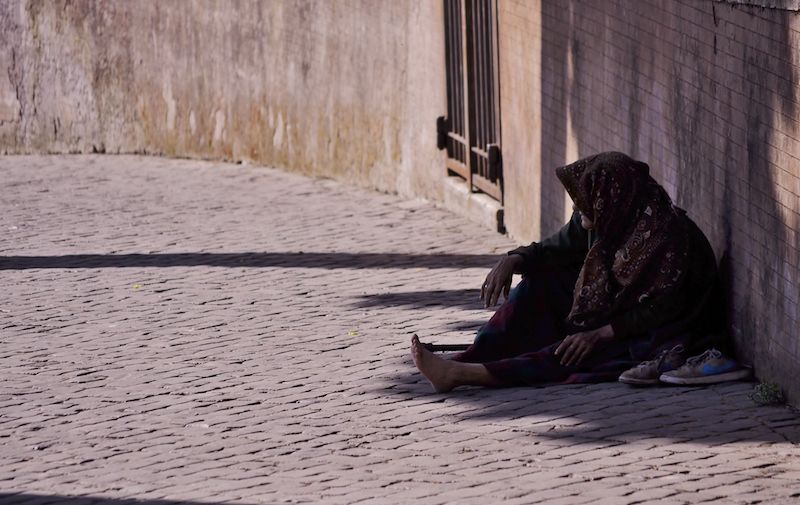
When it comes to living an altruistic life, it’s easy to get bogged down in the big picture of serious issues, and feel like there’s very little impact we can actually make. How can just one person make a difference on such big problems like homelessness?
Homelessness is a significant issue which plagues our community and the world. With such a huge challenge, how can we as individuals make a difference? Today, we’re going to go through some simple, tangible ways you can help put an end to homelessness in your community.
Locate local shelters.
The first step in ending homelessness is simply being aware of the local resources in your neighborhood and community. Search online or in the phone book to learn more about homeless shelters near you, who they serve and what services they provide to clients. Compile a list of local shelters to share with others, or with homeless individuals you may meet. Sometimes the greatest strength in solving a problem is knowing what’s available to solve it.
Fight stereotypes.
Secondly, help dispel homelessness by understanding who homeless people are, and fighting the stereotypes that surround them. A homeless person may be one who has just lost their job, a child coming out of the foster care system or someone with mental illness.
Educate yourself on the various potential reasons for homelessness, and remember every situation is unique. With greater knowledge comes a better understanding of how to combat negative stereotypes, which you can share with your friends, family and community members. When we all work together to recognize homeless people as individuals, we can start meeting their individual needs.
Show respect.
Sometimes what those living in homelessness want more than anything is to be recognized as human beings. They’re often overlooked on the street, completely ignored or even ridiculed or harmed. You can break this cycle by recognizing the homeless as people of value, and showing them the same respect as others. Whether this is having a long conversation, sharing a kind word or just a small gesture is up to you. By treating homeless individuals with respect, we can learn how to better treat them with kindness.
Understand their needs.
The homeless’ needs can be as varied and unique as they are themselves, and understanding those needs takes time and research. Reach out to local shelters and see where their needs are not being met. They could require more job training teachers, one-on-one tutors or greater medical assistance. By asking where the most need is and then working to fill it, you’re helping to fight homelessness exactly where it is, rather than oversaturating one area of need and under-serving another.
Give generously.
Finally, the most basic—but often undervalued—way to help end homelessness is giving. Giving is more than just money and gently used goods. Giving can be giving up your time, talents and resources to serve those who are less privileged. When we give more to others, we unconsciously fill up our own hearts.
Big issues like homelessness can sometimes seem overwhelming and even unsolvable. But, if all of us take small steps like these, we can put an end to homelessness together. Try out some of these simple steps in your life and see how altruism impacts you.

